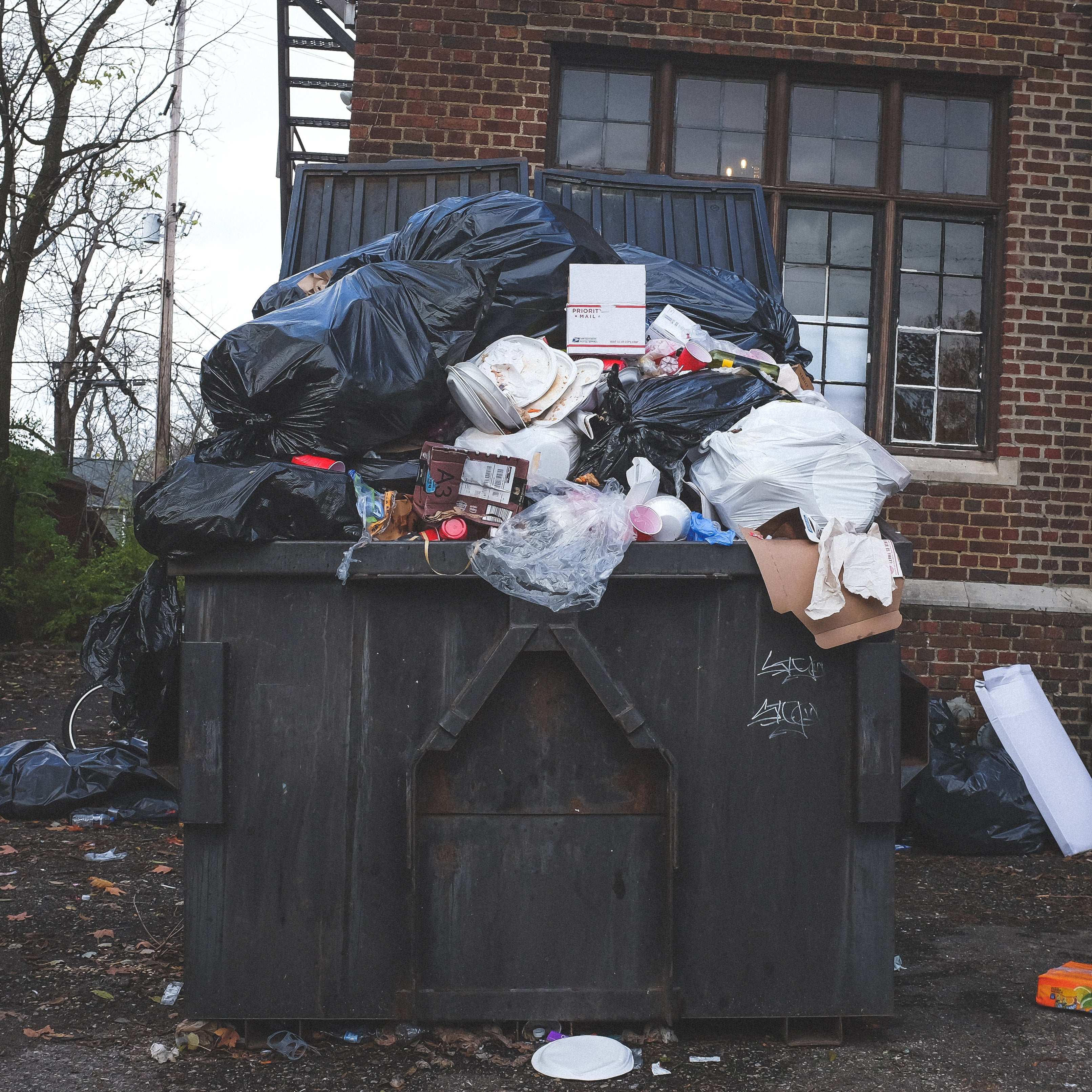In recent years there has been wide spread adoption of a ‘conscious consumer’ culture. While a clear definition is elusive, a conscious consumer, broadly, is one who bases their buying habits on the social, environmental, ecological, and political impact of their consumption. In simple terms, a conscious consumer is one who considers these factors as, if not more, important as traditional elements such as price and convenience. These consumers demand to know the journey a product has taken to get to them: from the environmental impact of production processes to fair labour practices and cruelty free testing facilities. To meet these new standards, many companies outwardly profess to have moved toward more sustainable and transparent practices while a deeper look reveals otherwise. This article aims to shed light on this practice, commonly referred to as ‘Greenwashing’, and provide guidance on how to identify, and avoid, it.
 Photo Cred: Mahdis Mousavi / Unsplash
Photo Cred: Mahdis Mousavi / Unsplash
Greenwashing can be described as the making of unsubstantiated claims about a product, service, or company policy, which misleads the consumer into believing that a company is more environmentally friendly than it actually is. An extreme and well-known example of greenwashing is the Volkswagen ‘Clean Diesel’ scandal. In 2015, the motor industry giant installed technology in over 11 million cars which caused their vehicles to produce false performance results, specifically with regard to the production of environmentally toxic pollutants. Prior to the exposure, Volkswagen had run a massive marketing campaign touting the environmental friendliness of these cars. Consumers were misled into believing they were making the environmental choice when buying a Volkswagen vehicle. While other extreme examples exist, Greenwashing often comes in more subtle forms.
 Photo Cred: Hannes Egler / Unsplash
Photo Cred: Hannes Egler / Unsplash
The use of ambiguous, or buzz, words with no specific standard is common practice amongst brands. It should be widely known that the use of the phrases such as ‘environmentally friendly’, ‘sustainable’ and ‘green’ without further justification are all red flags. These words are often found on websites or in shop windows but may also be used to name a product range. A recurring example in the fashion industry, is to launch a ‘Sustainable Range’ which boasts sustainability in one or more forms. More often than not, however, the sustainable feature a product is named after makes up a minimal percentage of overall production and composition. While companies play on our association to environmental buzz words, they are not shy about publishing huge statistics without any comparator in an attempt to impress the general public. For example, a large corporation might heroically post on their website: ‘In 2018, we recycled more than 10 000 tons of plastic’. While this number seems staggering to you and me, it provides no mention, for example, of the amount of plastic they might have produced in that same year. Any large statistic without a comparator should be treated with suspicion.
Unfortunately, greenwashing can be subtle to the point that it is subliminal. It is no coincidence that our friends at BP Oil have opted for green as their primary colour and for their logo to resemble a flower. Other similar techniques such as stark wooden store floors, images of leaves or happy animals in open fields, green swing tags made from a natural brown cardboard, and minimalist website designs are all used to create subconscious links to the environment in a consumer’s mind.
 Photo Cred: Chad Madden / Unsplash
Photo Cred: Chad Madden / Unsplash
The irony of the conscious consumer movement is that by pushing for higher levels of transparency it has caused many companies to become better at masking their production processes. Luckily, there are many who have taken it upon themselves to put an end to greenwashing. The Sustainable Apparel Coalition (SAC), a group of almost 200 organisations, has embarked on the process of standardising sustainability progress in the apparel industry through the development of an online assessment called the Higg Index. Further, there are multiple websites including Rank A Brand, B Lab, and Project Just, which are developing databases that provide ratings and information on a wide variety of companies and their practices.
The existence of greenwashing has placed the onus on the customer’s shoulders. Many large companies have consistently proven that they place profit over polar bears and any marketing campaign stating otherwise should be robustly scrutinised. Through continued exposure of greenwashing we hope to force companies to practice what they preach and to come to the party in saving our planet.
 Photo Cred: Dimitri Bong / Unsplash
Photo Cred: Dimitri Bong / Unsplash





